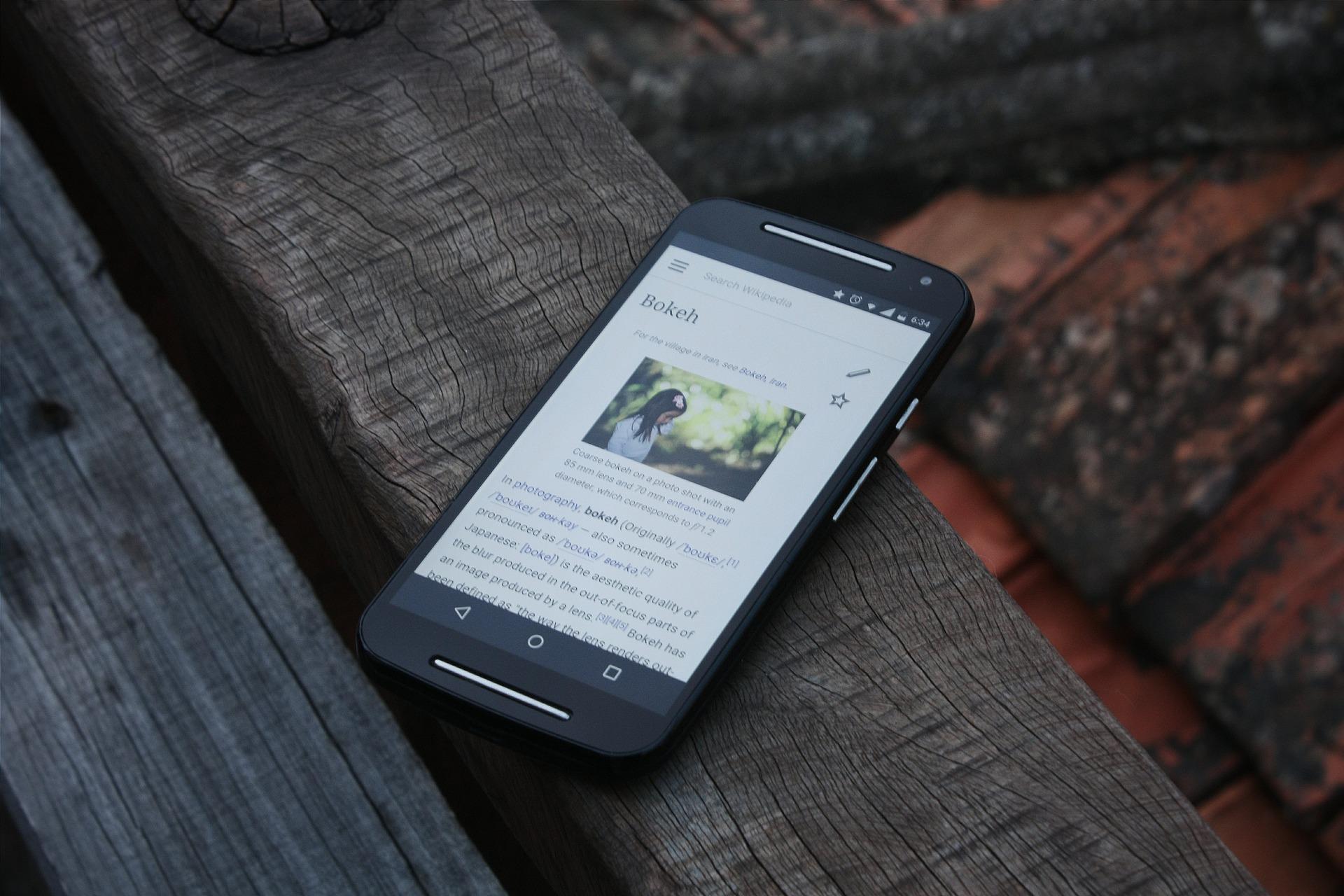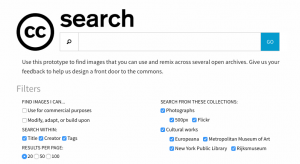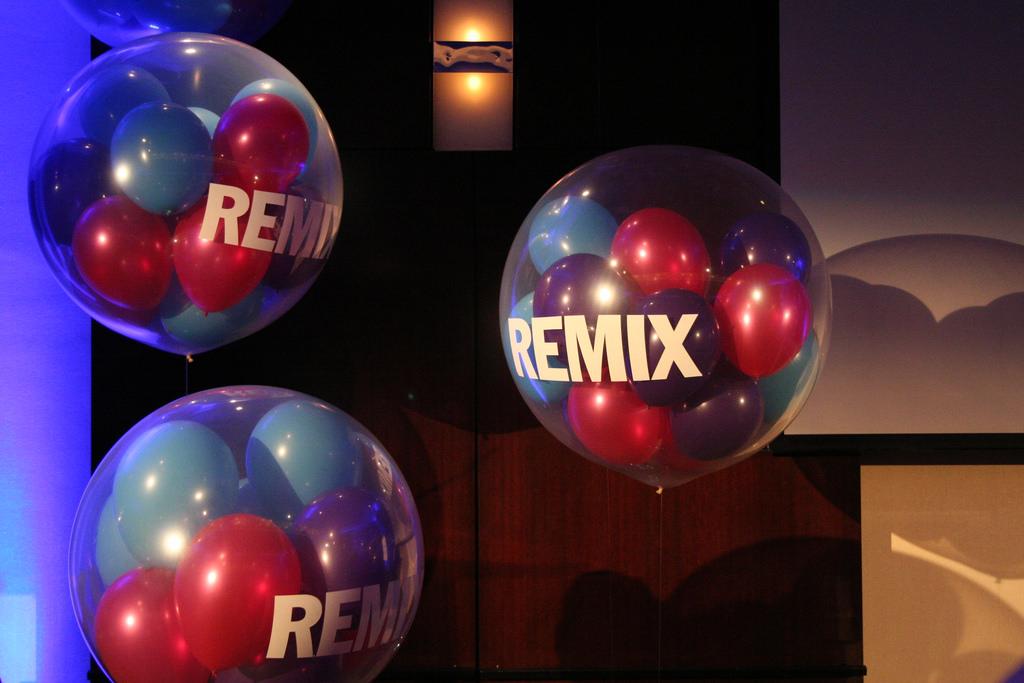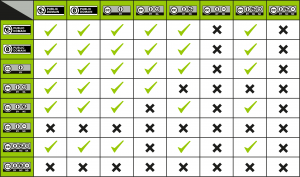We live in a visual and vibrant culture that requires educators to provide relevant learning resources in the classroom, though finding and reusing others’ great works is not always simple. This unit will teach you how to find others’ OER and adapt them for use in your own classrooms.
Big Question / Why It Matters
What skills and knowledge are needed to find the OER you and your learners need? If you are going to join the global open education community, find the best open resources for your course, and share your good work as OER, you need to know – and know how to teach others – how to find, evaluate, and adapt openly licensed resources. What if we want to think bigger… what effect might open education have globally?
How is the openness, the opportunity to revise, remix and share, of content potentially impactful on a global scale? If the public had access to and could creatively remix the world’s knowledge, what new opportunities might we find to address global challenges (e.g. United Nations Sustainable Development Goals)?

Cell phone by Tiago Aguiar. Public domain: CC0
Learning Outcomes
- Find OER in open repositories, Google, CC Search, and other platforms
- Evaluate how to reuse / revise / remix the OER you find
- Demonstrate how different OER can be used together, paying attention to license compatibility.
Personal Reflection / Why it Matters To You
Where do you currently find your learning resources? Do you seek open alternatives for materials you currently use? How do you evaluate your existing learning resources, and how can you apply those measures to openly licensed content?
Once you identify the learning resources you currently use, ask yourself the following questions:
- Is this freely available to all of my learners?
- Can my learners and I keep a copy of this resource forever?
- Does my class have the legal rights to fix errors, update old or inaccurate content, improve the work, and share it with other educators around the world?
- Can my learners contribute to and improve our learning resources as part of their course work?
If the answer to these questions is “No” – you’re likely using learning resources that don’t provide the legal permissions you and your learners need to do what you want to do.
Acquiring Essential KnowledgeFinding resources
Not everything on the internet is OER, and some works labeled as “open” may not have the legal permissions to exercise the 5Rs. So how do you recognize OER and how do you choose which OER will work best in your class?
Finding the resources you want to use is the first step to bringing OER into your classroom. Discovery is one of the primary barriers to educators using OER. Fortunately, there are many established ways to search for OER.
First, for a short introduction on how to find OER, watch this video “How can I find OER?” (1:31).
“How can I find OER?” Video by Council of Chief State School Officers, CC BY 4.0. Music by Lahaina by Blue Dot Sessions: CC BY NC 4.0
Do a quick review of OER projects and people on the OER World Map to get a sense of global OER activities
There are many websites that host large collections of OER (e.g., Wikimedia Commons), but some universities host their own OER repositories and services. A good first step is to do a general OER search using Google Advanced Search and filter your results by “Usage Rights” (pull-down menu at the bottom of the screen). See Google’s post on how to use the tool effectively.
In addition to sharing your OER on your website or blog, there are hundreds of online platforms on which you can share your openly licensed content. Creative Commons maintains a directory of some of the most popular platforms used by educators organized by content type (photos, video, audio, textbooks, courses, etc.). You can also find OER on these platforms.
Open educators often ask each other for help when looking for OER on open edu listservs. Here are a few you might want to join:
- CC Open Education Platform (invitation)
- OER Forum
- International OER Advocacy
- OER Discuss
- Open Knowledge Open Edu
- Open Edu SIG
- Wikimedia Education
- US OER Advocacy
- SPARC: Library OER
- Educause Openness
If you want to know more about most popular general options for searching for OER, read this Open Washington course module.
COMING SOON! Creative Commons is redesigning its CC Search.[1] You can play with the beta (images only) at: https://ccsearch.creativecommons.org When the new CC Search is done, it will search the entire Commons – all of the public domain and CC licensed works on the Internet… including OER.

Evaluating resources
As with all education resources, OER need to be evaluated before use. Educators who are new to OER may have concerns about quality because OER are available for free and may have been remixed by other educators. The process of using and evaluating OER is not that different from evaluating traditional all-rights-reserved copyright resources. Whether education materials are openly licensed or closed, you are the best judge of quality because you know what your learners need and what your curriculum demands.
Subject specialists (educators and librarians) assess the quality and suitability of learning resources. JISC provides a list of criteria for assessment of quality:
- Accuracy
- Reputation of author/institution
- Standard of technical production
- Accessibility
- Fitness for purpose
And be careful not to let anyone tell you OER are “low quality” because they are free. As the SPARC OER Mythbusting Guide points out:
- In this increasingly digital and internet connected world, the old adage of “you get what you pay for” is growing outdated. New models are developing across all aspects of society that dramatically reduce or eliminate costs to users, and this kind of innovation has spread to education resources.
- OER publishers have worked to ensure the quality of their resources. Many open textbooks are created within rigorous editorial and peer-review guidelines, and many OER repositories allow faculty to review (and see others’ reviews of) the material. There is also a growing body of evidence that demonstrates that OER can be both free of cost and high quality—and more importantly, support positive student learning outcomes.
Also, be careful not to get pulled into a debate about “high or low quality education resources,” when what educators should really be concerned about is “effectiveness.” Read these two posts from David Wiley: Stop Saying “High Quality” and No, Really – Stop Saying “High Quality.”
Remixing & adapting resources
Being open enables educators to use the resource more effectively, which can lead to better learning and student outcomes. OER can be remixed and adapted: updated, tailored and improved locally to fit the needs of learners – translating the OER into a local language, adapting a biology open textbook to align it with local science standards, or modifying an OER simulation to make it accessible for a student who cannot hear.
The ideas of remix and adaptation are fundamental to education. Creative reuse of materials created by other educators and authors is about more than just seeking inspiration; we copy, adapt, and combine different materials to craft education resources for our learners.

Photo by José Carlos Cortizo Pérez. CC BY 2.0
Incorporating materials created by others and combining materials from different sources can be tricky, not only from a pedagogical perspective, but also from a copyright perspective.
Online digital education resources have different legal permissions that empower (or not) the public to use, remix and share those resources. Here are a few of those legal categories:
- Public domain works (not restricted by copyright) can be remixed with any work.
- example: Anyone can remix the Adventures of Huckleberry Finn by Mark Twain with Alice’s Adventures in Wonderland by Lewis Carroll.
- All-rights-reserved copyrighted works, available for free online, which you can only use under the project terms of service, or using an exception or limitation to copyright, such as fair use or fair dealing.
- example: many MOOCs allow free reuse of their content, but do not allow copying, revise, remix, or redistribution.
- All-rights-reserved copyrighted works in closed formats do not allow the public to remix or adapt a work.
- example: a blockbuster movie available only in streaming service that you cannot use or even link to.
- Creative Commons licensed works (and other free licenses) that have various permissions and restrictions.
- example: Wikipedia (BY-SA) allows you to reuse their content for commercial purposes, while WikiHow (BY-NC-SA) does not. A Wikipedia article cannot be remixed with a WikiHow article.
If you want to know which CC licensed works can be remixed with other CC licensed works, revisit the CC Remix Chart we studied in Section 4.4. Where there is a green check at the intersection of two CC licensed works, you can remix those two works. Where you see a black X, you cannot remix those two CC licensed works.
Final remarks
We live in a world of information abundance, and an increasing percentage of our digital knowledge is openly licensed. Finding the right open resources that fit the needs of your learning spaces and your learners can be a challenge. One of the major motivations for using OER is the ability to revise, remix, and share these works to best suit the needs of your learners. Search engines, OER repositories and platform services with built-in tools for using Creative Commons licenses help, but finding the right OER still takes time.
- CC’s existing Search tool: https://search.creativecommons.org ↵
